 |
 |
|---|
|
|
|---|
 |
 |
 |
 |
|---|---|---|---|
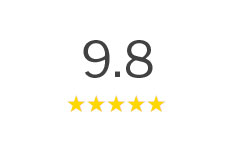 |
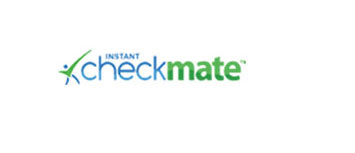 |
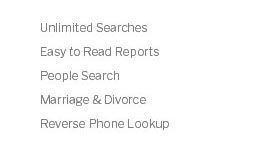 |
|
 |
|||
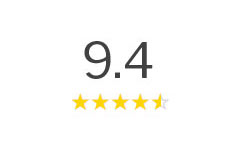 |
 |
 |
|
 |
|||
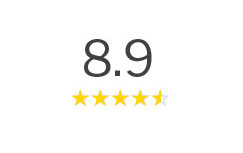 |
 |
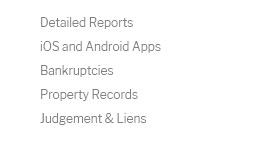 |
|
 |
|||

are online background checks reliable in practice?Short answer: sometimes. Reliability hinges on data sources, legal compliance, and how precisely a service matches records to a person. Many sites aggregate public records quickly, but speed can trade off with accuracy and context. What drives reliabilityChecks that pull from verified court dockets, statewide repositories, and federal databases tend to be more dependable than scrapes of outdated webpages. Services that follow FCRA rules and allow disputes usually deliver cleaner results, especially for employment or housing decisions.
How to use them wiselyConfirm critical findings at the original courthouse, cross-check with multiple sources, and get consent when required. For high-stakes decisions, use an FCRA-compliant provider; for personal curiosity, expect gaps and double-check anything surprising.
|
|---|